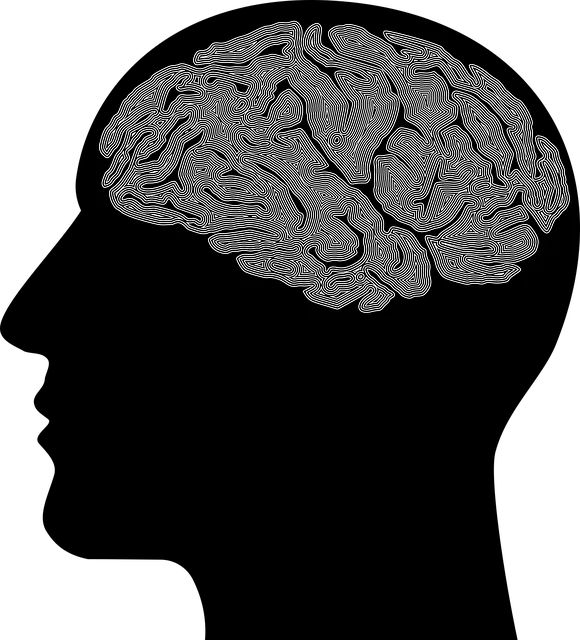The Kaiser Permanente mental health department in Boulder prioritizes patient safety and guides clinical decisions through comprehensive risk assessments, utilizing structured interviews, digital tools, and evidence-based practices like Compassion Cultivation. They evaluate environmental factors and cultural competencies, integrating innovative approaches like Mindfulness Meditation into traditional therapy to enhance patient care and promote Mental Health Awareness. The department offers extensive support, resources, and training for mental health professionals, fostering a supportive environment that improves both practitioner well-being and patient outcomes, accessible through the Kaiser Permanente mental health department phone number Boulder.
Mental health professionals regularly encounter clients facing diverse challenges, making risk assessment a vital tool for safe and effective practice. This article explores the nuances of risk assessment within the context of mental health care, guiding practitioners through essential components. We delve into practical guidelines tailored for professionals in Boulder, informed by insights from the Kaiser Permanente mental health department (available via their phone number). By understanding these key aspects, professionals can ensure comprehensive evaluations and implement appropriate interventions.
- Understanding Risk Assessment in Mental Health Practice
- Key Components of a Comprehensive Risk Assessment
- Practical Guidelines for Mental Health Professionals in Boulder
- Resources and Support for Continuous Improvement
Understanding Risk Assessment in Mental Health Practice

Risk assessment is a fundamental component of mental health practice, crucial for ensuring patient safety and guiding clinical decision-making within the Kaiser Permanente mental health department in Boulder. It involves systematically identifying, analyzing, and evaluating potential risks associated with an individual’s mental health condition and their engagement in treatment. By employing evidence-based methods, such as those informed by Compassion Cultivation Practices, mental health professionals can anticipate and mitigate risks effectively.
This process encompasses a comprehensive review of various factors, including but not limited to, past trauma histories, substance use disorders, suicidal ideation, and psychotic symptoms. The goal is to predict potential harm and develop proactive strategies for intervention. Understanding these risks allows professionals to tailor treatment plans, offering targeted interventions aimed at Anxiety Relief while fostering a supportive environment that cultivates resilience among clients.
Key Components of a Comprehensive Risk Assessment

A comprehensive risk assessment for mental health professionals involves several key components to ensure a thorough and effective evaluation. Firstly, it’s imperative to gather detailed client information including medical history, current symptoms, and any prior mental health diagnoses. This can be efficiently managed through structured interviews or by utilizing digital tools, such as the Kaiser Permanente mental health department phone number Boulder, which offers accessible resources for both providers and clients.
Additionally, assessing environmental factors like social support systems, living arrangements, and occupational stressors is crucial. The Mental Wellness Coaching Programs Development often incorporates these aspects to holistically support professionals’ well-being. Furthermore, evaluating cultural competencies, especially in the context of Healthcare Provider Cultural Competency Training, helps mental health experts understand clients’ diverse backgrounds and tailor their approaches accordingly.
Practical Guidelines for Mental Health Professionals in Boulder

In Boulder, mental health professionals can find practical guidelines and support through various resources, such as the Kaiser Permanente mental health department, which offers comprehensive care options. The department is renowned for its dedication to integrating innovative practices, including Mindfulness Meditation techniques, into traditional therapy models. This approach not only enhances patient outcomes but also fosters a culture of Mental Health Awareness within the community.
By prioritizing self-care and incorporating strategies like Mindfulness Meditation, mental health professionals can effectively manage their own well-being while providing superior care to their clients. Additionally, Boulder has been at the forefront of Mental Illness Stigma Reduction Efforts, ensuring that healthcare providers have access to resources and training designed to create a supportive environment for both patients and practitioners.
Resources and Support for Continuous Improvement

Mental health professionals are continually navigating complex situations, making it crucial to have access to robust resources and support systems for continuous improvement. Organizations like Kaiser Permanente’s mental health department in Boulder offer a wealth of information and services designed to bolster resilience and foster healthy work-life balance. By leveraging these resources, professionals can enhance their communication strategies, cultivate compassion, and engage in practices that promote positive thinking – all essential tools in mitigating risks and improving patient outcomes.
Moreover, ongoing training programs, peer support groups, and access to confidential resources specifically tailored for the mental health field play a pivotal role in equipping practitioners with the skills needed to handle challenging situations effectively. Encouraging open dialogue, sharing best practices, and prioritizing self-care through initiatives like Compassion Cultivation Practices can create a supportive environment that not only enhances professional well-being but also positively impacts patient care within the Kaiser Permanente mental health department Boulder.
Mental health professionals in Boulder, such as those within the Kaiser Permanente mental health department, play a vital role in recognizing and mitigating risks. By understanding risk assessment, implementing comprehensive practices, and utilizing available resources, they can ensure safer environments for both patients and themselves. The practical guidelines outlined here serve as a starting point for professionals to enhance their skills and knowledge, ultimately fostering improved patient care and well-being. For more support, reaching out to the Kaiser Permanente mental health department phone number in Boulder is an excellent step towards continuous improvement and resilience in this essential field.






